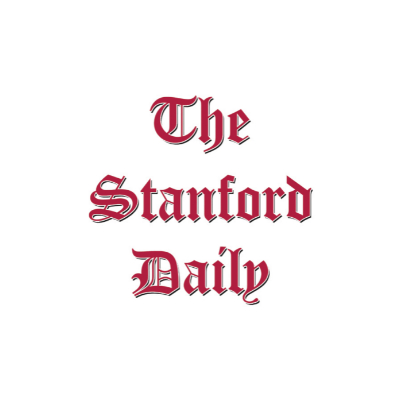 The Stanford Daily Article Rating
The Stanford Daily Article RatingStanford denounces SCOTUS affirmative action decision
- Bias Rating
-26% Somewhat Liberal
- Reliability
75% ReliableGood
- Policy Leaning
-26% Somewhat Liberal
- Politician Portrayal
62% Negative
Continue For Free
Create your free account to see the in-depth bias analytics and more.
Continue
Continue
By creating an account, you agree to our Terms and Privacy Policy, and subscribe to email updates. Already a member: Log inBias Score Analysis
The A.I. bias rating includes policy and politician portrayal leanings based on the author’s tone found in the article using machine learning. Bias scores are on a scale of -100% to 100% with higher negative scores being more liberal and higher positive scores being more conservative, and 0% being neutral.
Sentiments
N/A
- Liberal
- Conservative
| Sentence | Sentiment | Bias |
|---|---|---|
Unlock this feature by upgrading to the Pro plan. | ||
Reliability Score Analysis
Policy Leaning Analysis
Politician Portrayal Analysis
Bias Meter
Extremely
Liberal
Very
Liberal
Moderately
Liberal
Somewhat Liberal
Center
Somewhat Conservative
Moderately
Conservative
Very
Conservative
Extremely
Conservative
-100%
Liberal
100%
Conservative

Contributing sentiments towards policy:
64% : Stanford to expand outreach efforts as Supreme Court strikes affirmative action64% : Within the briefs, the University argued that affirmative action can play an especially significant role in fostering diversity in STEM fields.
59% : Following a historic Supreme Court decision overturning affirmative action, University President Marc Tessier-Lavigne promised that Stanford will adapt to the new legal environment to maintain the institution's "commitment to an educational and research environment whose excellence is fostered by diversity in all forms," in an email to the campus community.
58% : In support of the use of affirmative action in the Harvard case, the University filed a total of three separate amicus briefs - legal documents where outside parties provide further arguments to a case.
52% :Jackson later argued that only affirmative action can get the admissions process to properly account for the diversity within the Asian American community.
50% : An analysis of California public universities -- which have been prohibited from using affirmative action since 1996 -- indicated similar effects on universities in the state.
49% : In one study, it was suggested that when bans on affirmative action are enacted, Black and Latino enrollment drops.
49% : "I think the ball is now in the courts of places like Stanford to fashion policies that do the most to advance the cause of diversity, equity and inclusion - words that institutions like Stanford like to use."To motivate student action on this issue, Jefferson said that students themselves should be involved in conversations about affirmative action as he says they are in a "unique position of articulate why [affirmative action] matters.
45% : However, in a dissenting opinion, Justice Ketanji Brown Jackson advocated for affirmative action, arguing that the generational racial inequalities affirmative action was meant to remedy "still plague our society."
45% : Affirmative action has since been challenged in courts numerous times.
43% : SFFA is led by conservative activist Edward Blum, who has challenged affirmative action policies over two dozen times in the past.
43% : In opposition to affirmative action policies, Blum has previously said that "You cannot cure racial discrimination that occurred in the past with new discrimination today" and that "Race and ethnicity have no place in American life and law."SFFA argued that Harvard's and UNC's admissions policies violated the Civil Rights Act of 1965, which bans discrimination on the basis of race for programs receiving federal funds; in these instances, SFFA argued that white and Asian applicants were at a relative disadvantage due to their race.
41% : But, the Supreme Court ultimately sided with SFFA, with Roberts similarly arguing that affirmative action "results in fewer Asian American and white students being admitted."
35% : "Several of the justices on the Court have shown a distaste for affirmative action in the past, notably to [Chief] Justice John Roberts, and Justice Clarence Thomas."While the court ultimately struck down affirmative action, Roberts left some room open for race's involvement in college admissions, arguing that it may still be tied to an individual's experiences, but not used as a blanket categorization.
*Our bias meter rating uses data science including sentiment analysis, machine learning and our proprietary algorithm for determining biases in news articles. Bias scores are on a scale of -100% to 100% with higher negative scores being more liberal and higher positive scores being more conservative, and 0% being neutral. The rating is an independent analysis and is not affiliated nor sponsored by the news source or any other organization.





















